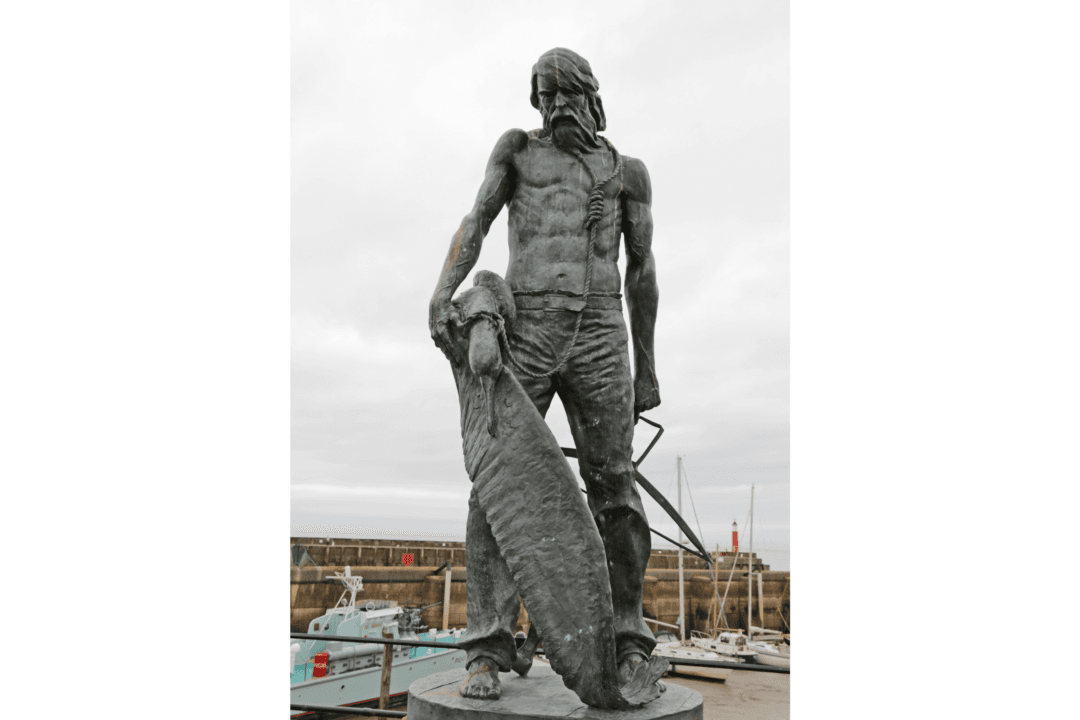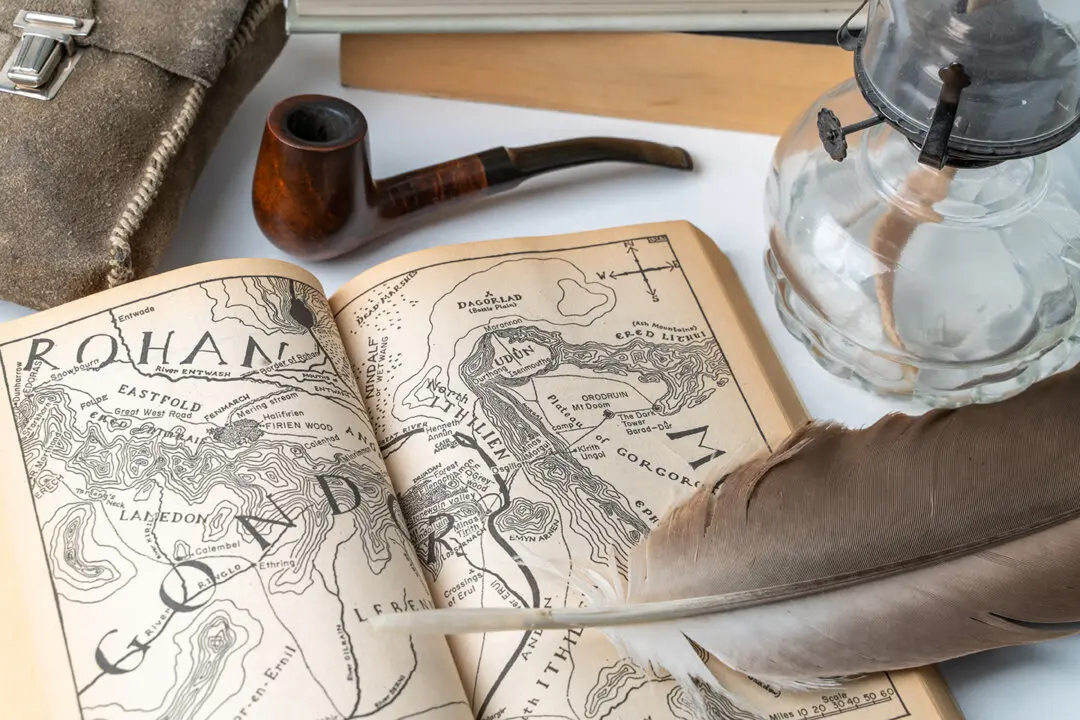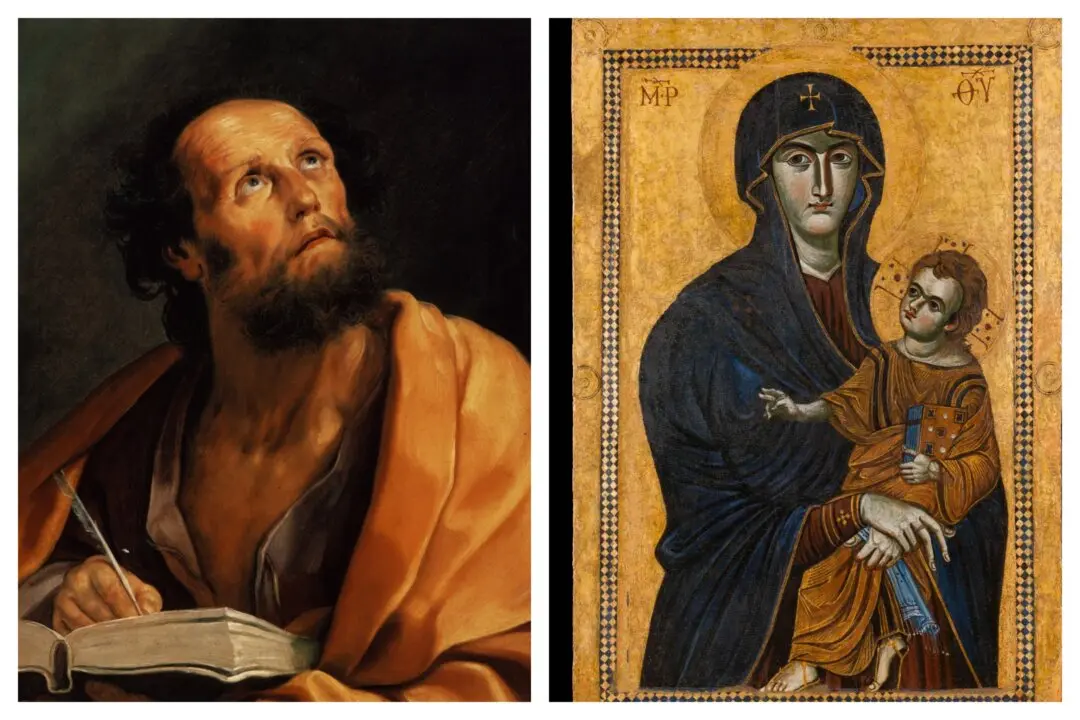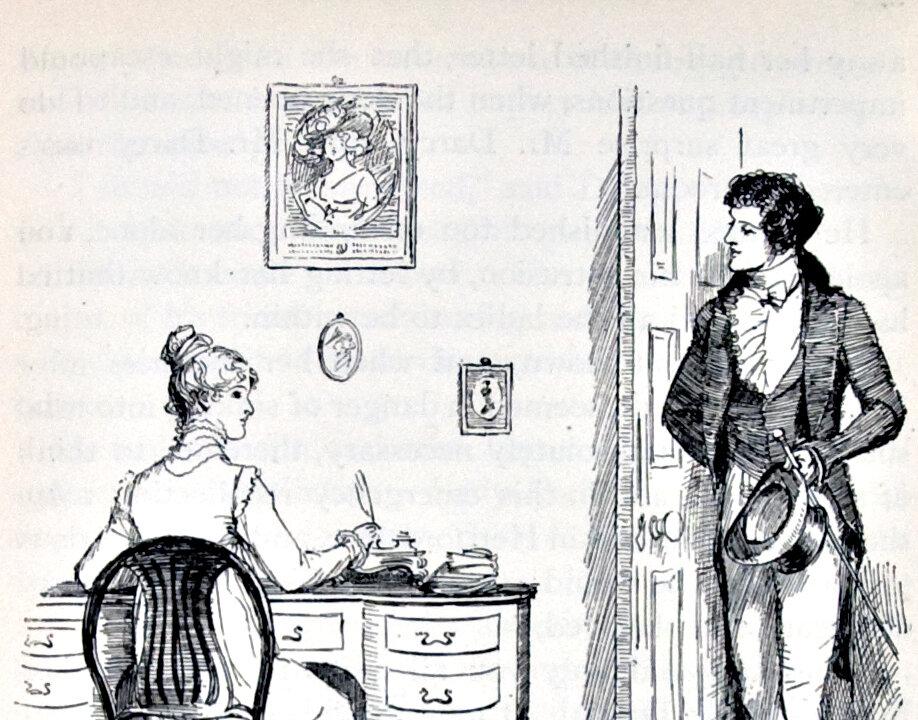On reading “The Rime of the Ancient Mariner” (1798), the longest major poem by Samuel Taylor Coleridge (1772–1834), one may perhaps be struck by the unending nightmare of consequences brought down on the mariner in retribution for the heedless act of a moment. Lifelong punishment seems a rather extreme response to a bird’s death. For the deed of a moment, the consequence is an eternity.
The poem highlights a basic truth about morality, which is that penance is, simply put, not enjoyable. We don’t like to voluntarily undertake it because it seems an unnecessary burden. If we ask for forgiveness for our wrongs, and if we’re truly forgiven, why do we have to do penance for our actions? Coleridge’s poem shows us the reason: Penance is both binding and liberating. In fact, only in being bound to our own actions through penance can we be freed from them.





